CropLife International (CLI) has just coordinated with the Plant Protection Department (Ministry of Agriculture and Rural Development), the European Chamber of Commerce in Vietnam (EuroCham) and CropLife Vietnam Association (CLV) to organize the International Conference on Pesticide Packaging Management 2024 (CMS2024).
The conference aims to create a forum for information exchange and experience sharing among many leading experts in the world with the aim of promoting safe and effective management practices for pesticide packaging and other agricultural plastics, towards sustainable agricultural development and supporting the circular economy.
The conference lasted for 3 days from September 4 to 6, focusing on various topics on pesticide packaging collection and management as well as trends in management and support for these activities globally, with a focus on discussions in Asia and Vietnam.
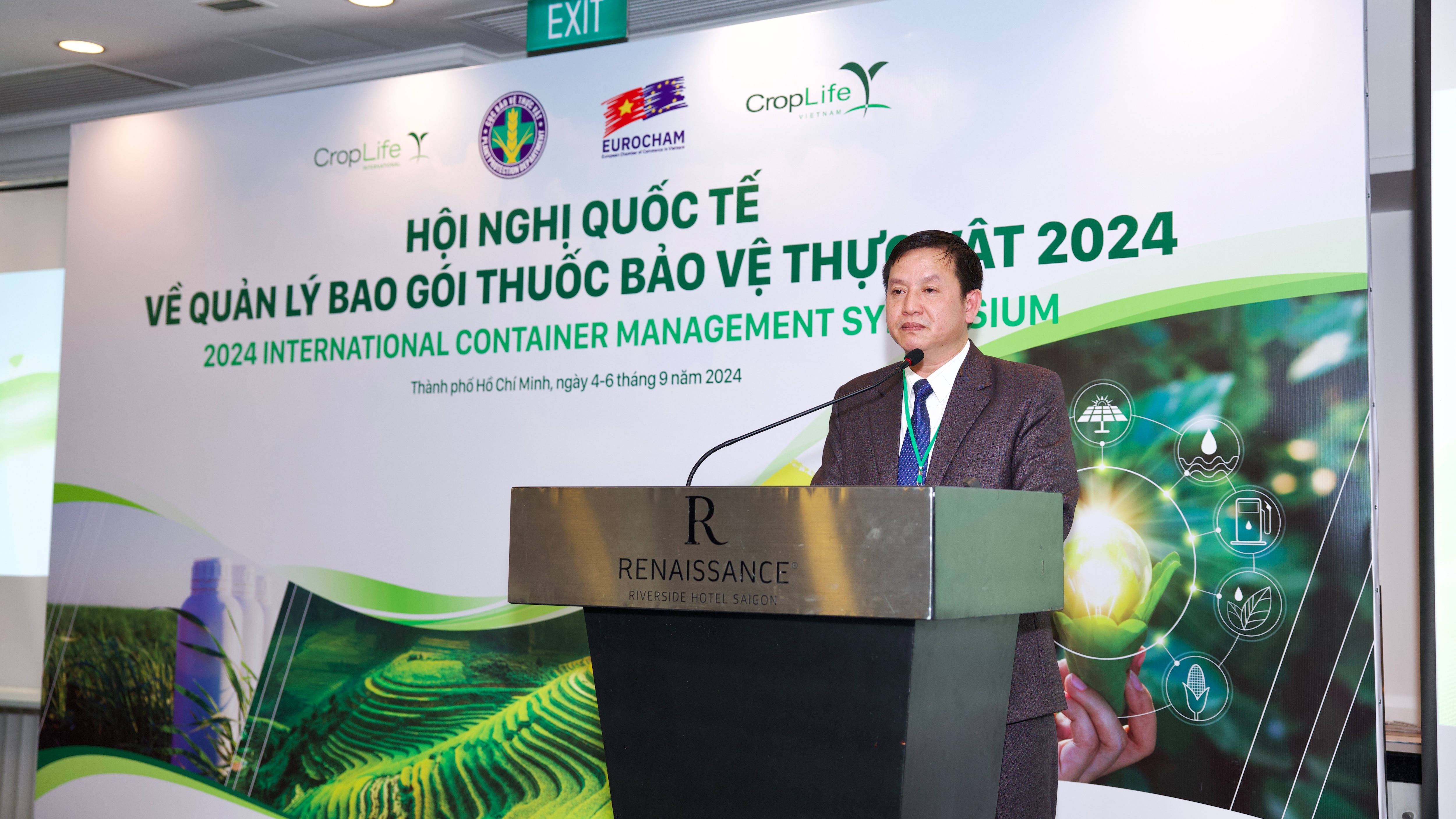
Mr. Huynh Tan Dat - Director of Plant Protection Department delivered the opening speech at the conference.
Opening the conference, Mr. Huynh Tan Dat - Director of the Plant Protection Department said: “The Plant Protection Department highly appreciates the objectives of this conference, especially in emphasizing the importance of strengthening cooperation and sharing responsibilities of all stakeholders, to promote sustainable management methods and practices for collecting and treating pesticide packaging. This is an important link in the entire life cycle management of the industry. From a management perspective, we also hope that experts at the conference will share more experiences and mechanisms for managing used pesticide packaging in other countries so that we can continue to provide guidance and implement appropriate management methods in Vietnam, towards the current goal of developing sustainable and circular agriculture”.
Meanwhile, Mr. Andrew Ward - Managing Director of CLI emphasized: “CropLife and its member companies have pioneered the implementation of agricultural plastic management through the establishment of pesticide packaging management systems in more than 60 countries. Many of these systems not only handle pesticide packaging but also extend the management of many other types of agricultural waste. These systems not only demonstrate the effectiveness of risk management but also create specific benefits for the environment, especially when pesticide containers have been recycled into many other plastic products. We believe that gathering the global expert community at this Conference in Vietnam will create a catalyst for further progress in this field and this can be considered a symposium for all stakeholders”.
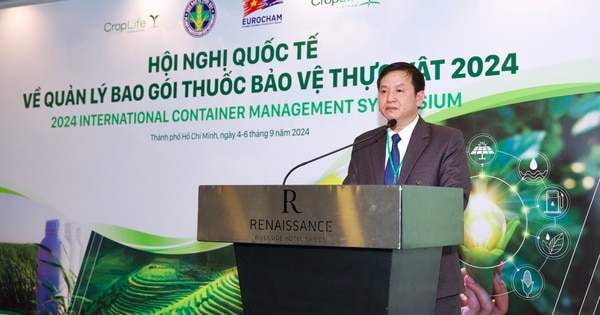
EuroCham Vietnam Vice Chairman Jean-Jacques Bouflet spoke.
Siang Hee Tan, Executive Director of CropLife Asia, discusses the role of regulatory guidelines in facilitating successful implementation of pesticide packaging management programs, especially in Asian countries: “Clear and proportionate regulations that provide a common responsibility for all stakeholders are increasingly important. All stakeholders in the value chain are responsible for managing pesticide packaging throughout the product life cycle. This also ensures a level playing field between manufacturers and importers. CropLife Asia also recommends mandatory regulations for retailers and distributors to collect pesticide packaging, as well as for end users to rinse and treat used packaging.”
At the conference, Mr. Dang Van Bao - Chairman of CropLife Vietnam said: “Over the years, CropLife Vietnam has closely coordinated with the Plant Protection Department and many industry partners to deploy pilot models on instructions for safe and effective use of pesticides in key agricultural production areas such as Son La and Dong Thap provinces, including training activities on packaging collection and treatment.
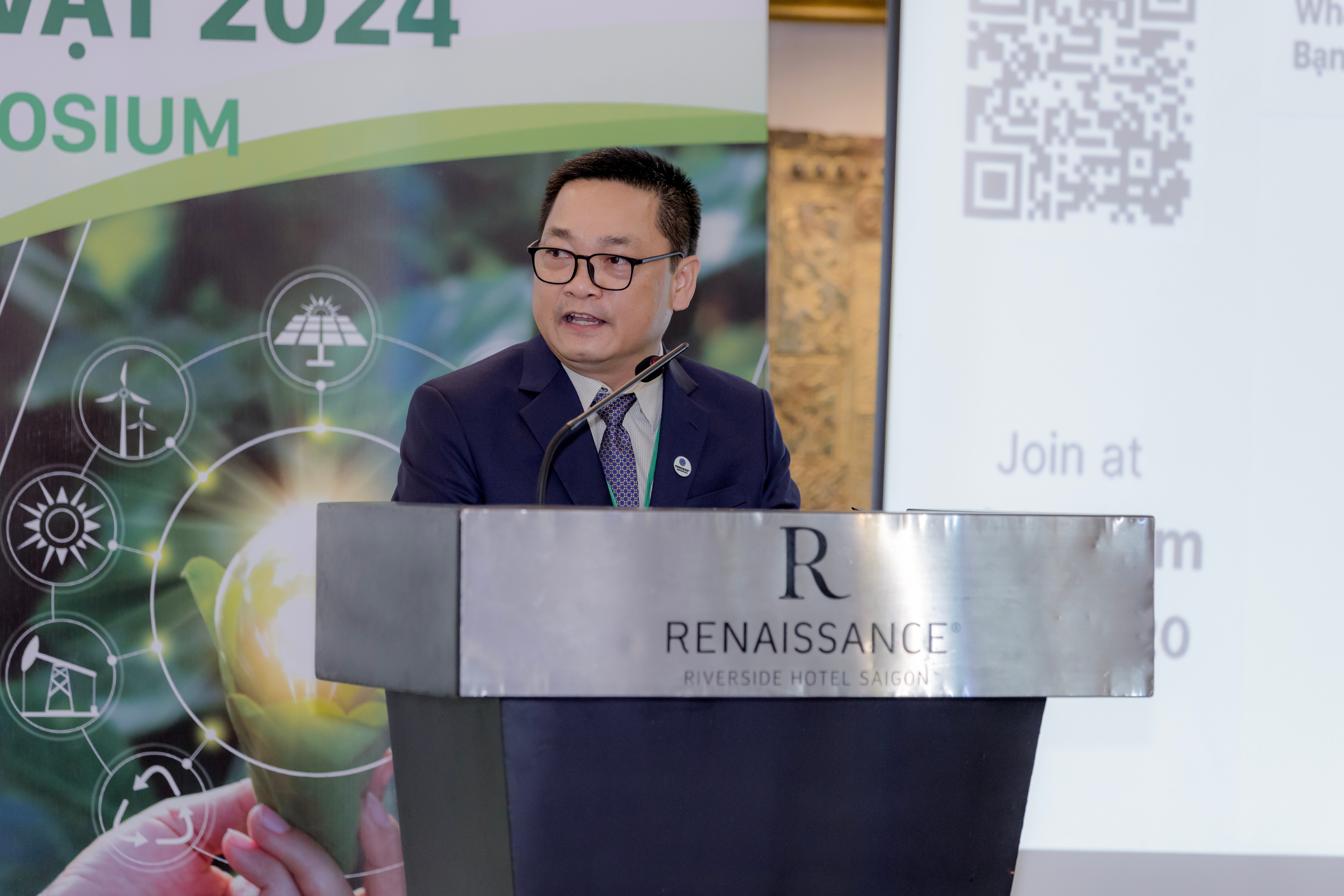
Mr. Dang Van Bao - Chairman of CropLife Vietnam said: "Over the years, CropLife Vietnam has closely coordinated with the Plant Protection Department and many industry partners to deploy pilot models on instructions for safe and effective use of pesticides.
By guiding farmers on how to dispose of used packaging, setting up storage tanks and organizing many packaging collection campaigns, we hope to gradually change farmers’ usage habits in a more sustainable way. Our members also support and actively contribute funds with the hope of having more financial mechanisms to promote systematic and long-term collection and treatment of pesticide packaging in particular and agricultural waste in general nationwide.
In addition, we are constantly researching to improve the way we package pesticides, using safe materials that are suitable for Vietnam's farming conditions. These are some specific examples that show our commitment to product management according to the life cycle principle."
According to Mr. Jean-Jacques Bouflet, Vice Chairman of EuroCham Vietnam: “EuroCham has been actively promoting sustainable activities in Vietnam, including the organization of the Green Economy Forum and Exhibition (GEFE) in 2022 and plans to organize it again in October 2024. These important events play an important role in promoting discussions on the future of sustainability and thereby enhancing our role. We are committed to supporting Vietnam’s vision for a sustainable future, especially in the agricultural sector. Sustainable agriculture is important for food security, environmental protection and economic growth and EuroCham is ready to cooperate with the government, members and stakeholders to address the challenges in agricultural plastic waste management”.
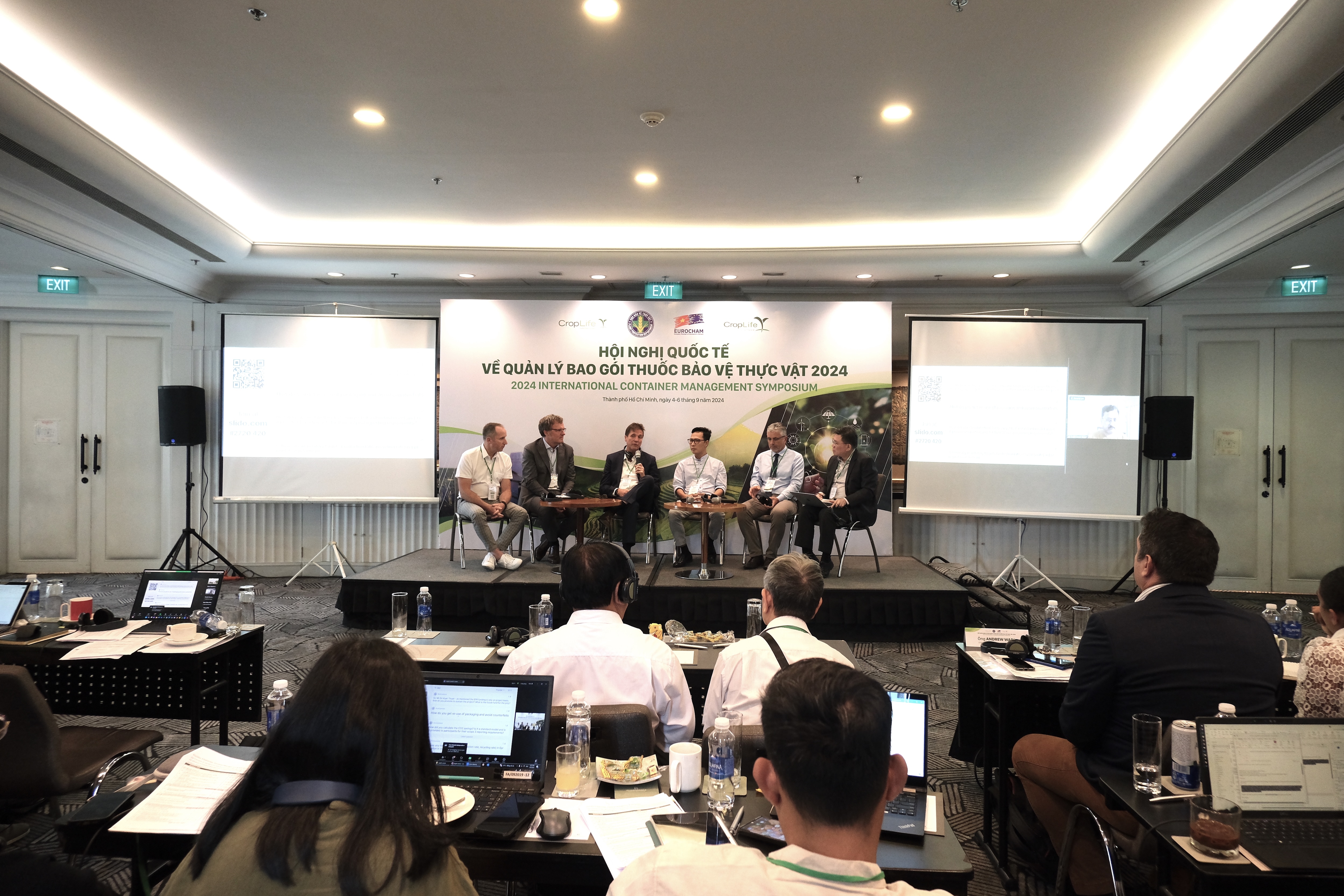
Delegates participated in discussion at the conference.
This international conference brought together more than 50 of the world’s leading experts on packaging management, along with many officials from pesticide management agencies and pesticide associations in Southeast Asian countries. During the 3-day conference, experts presented and discussed various aspects of pesticide packaging management.
The first day of the conference will be a forum for representatives from Vietnam and Asian countries to update information on policies and the management of pesticide packaging. In this session, experts will also share the key factors that have contributed to the success of establishing pesticide packaging management systems in regions such as Europe, North America, Latin America, Africa - Middle East, and some pilot programs on collecting and treating pesticide packaging in some Asian countries such as China, India, Malaysia, Indonesia and Vietnam.
The second day focused on two major issues related to pesticide packaging management: Updating the implementation of the EPR (Extended Producer Responsibility) mechanism for pesticide packaging management activities and applying advanced technologies in training, communication and scaling up of packaging management activities in countries.
The third day of the conference will be divided into two parts. In the morning, experts will continue to discuss international agreements related to pesticide packaging management as well as expand the discussion on plastic management in agriculture. In the afternoon, delegates will visit a pesticide packaging collection and treatment model at a farm that meets Global GAP standards for export to the European market.
CMS is an initiative of CLI, with the first symposium held in Beijing in 2018 and the second in Shanghai (2019). The initiative has been relaunched in 2024 in Vietnam, demonstrating the commitment of the pesticide industry to life-cycle management of pesticide products – including promoting the responsible and rational management of packaging waste in all markets for all professional users.
Since 2005, CropLife International and its global network of associations have implemented pesticide packaging management activities in more than 60 countries; by 2022, the total volume of packaging collected will be more than 1.4 million tonnes.








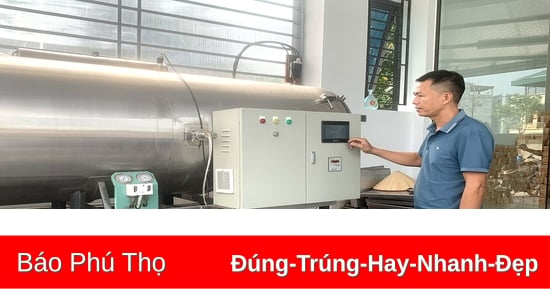
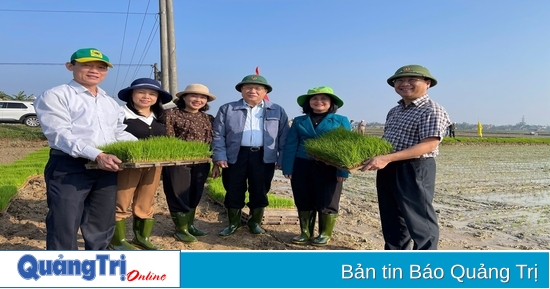
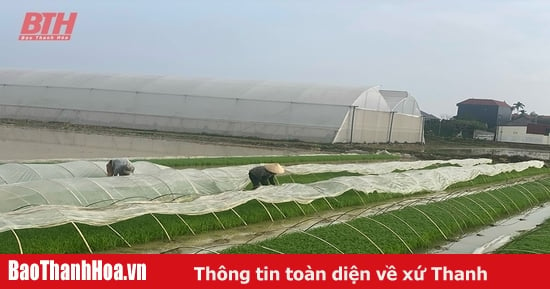
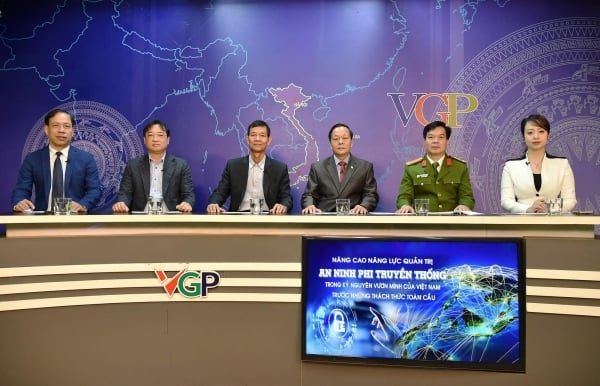

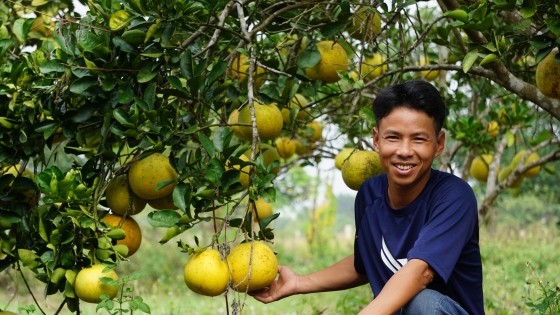

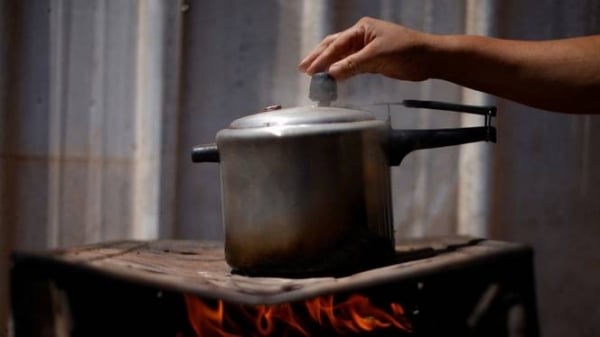








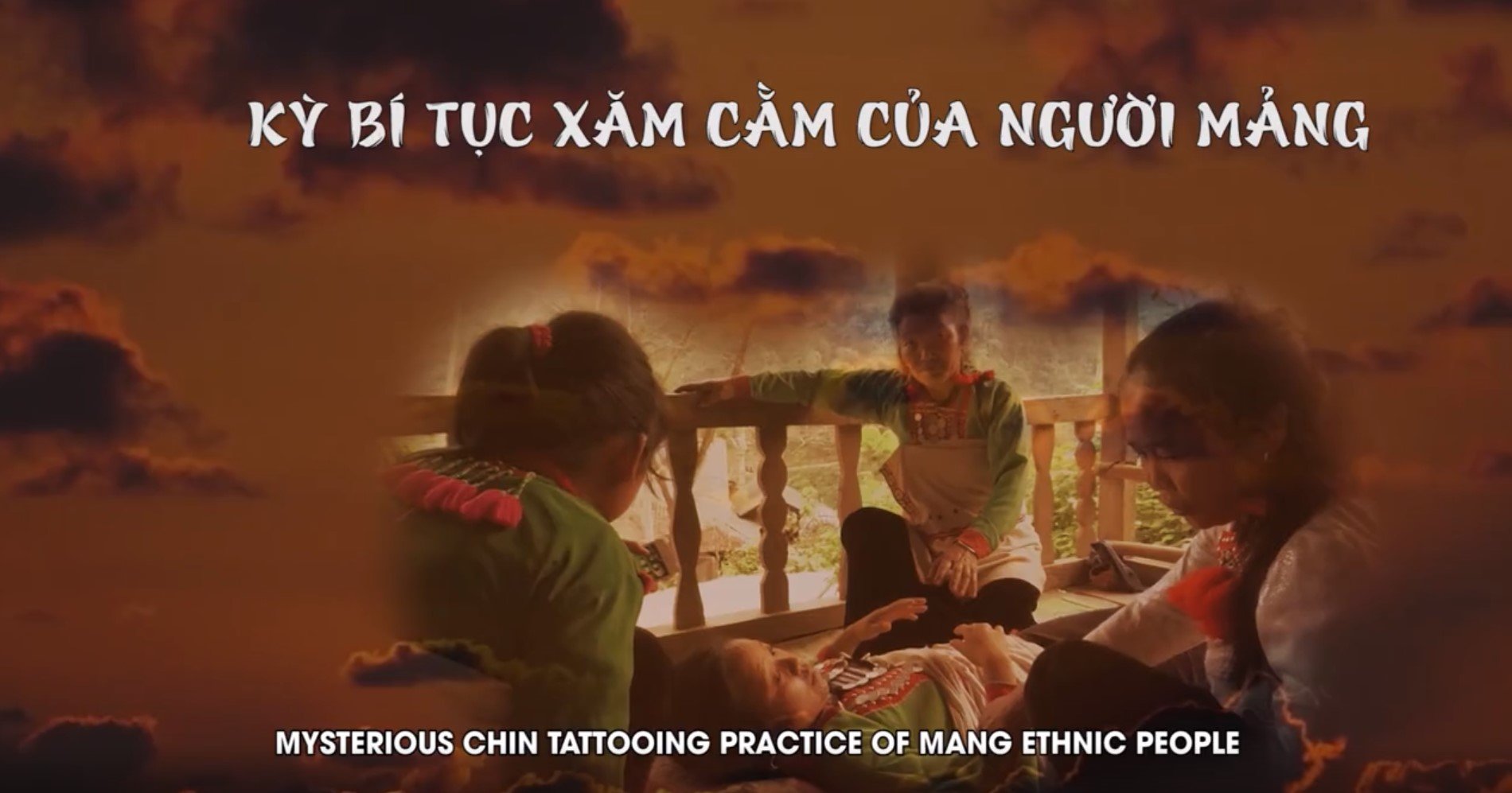
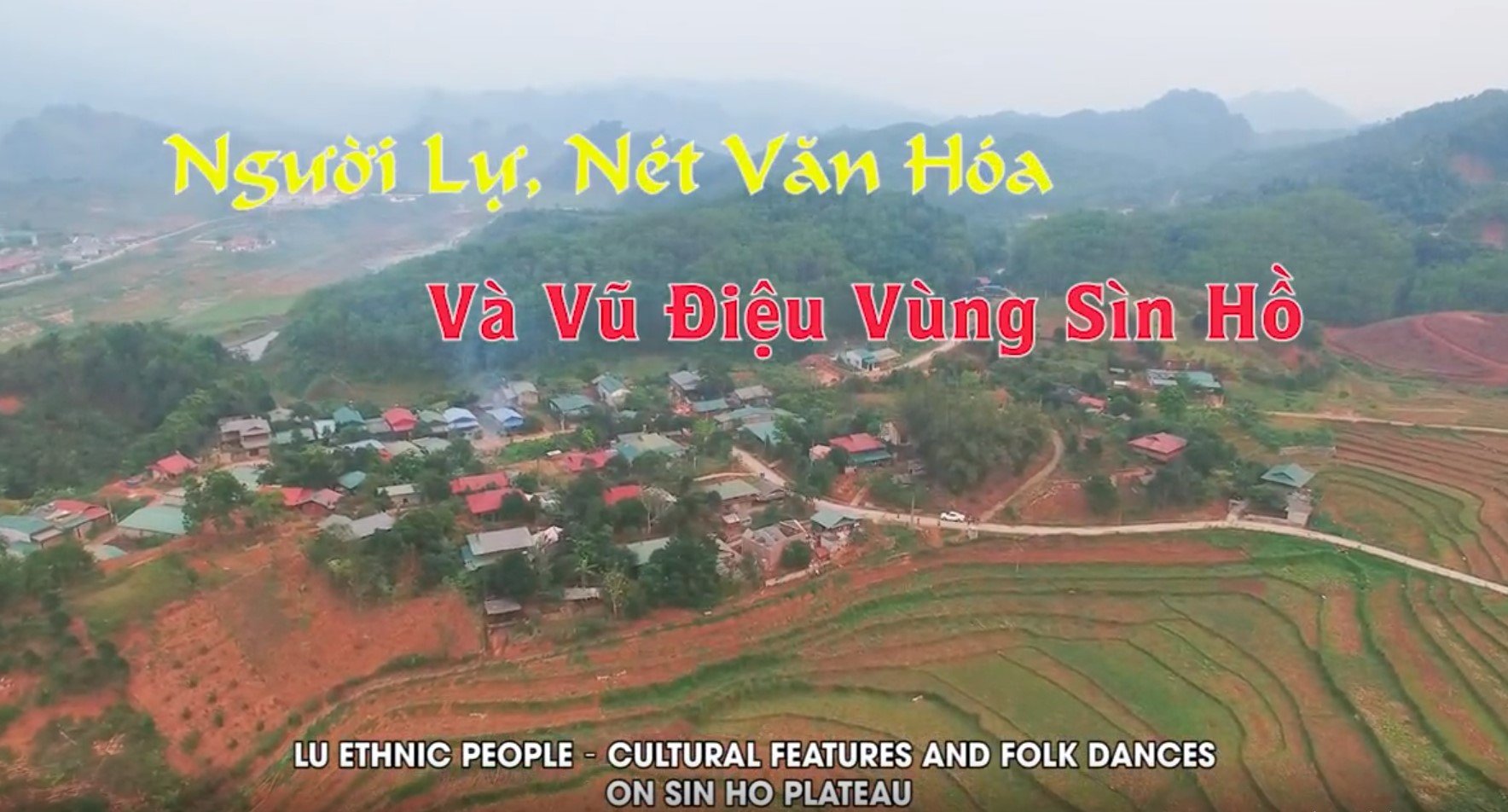
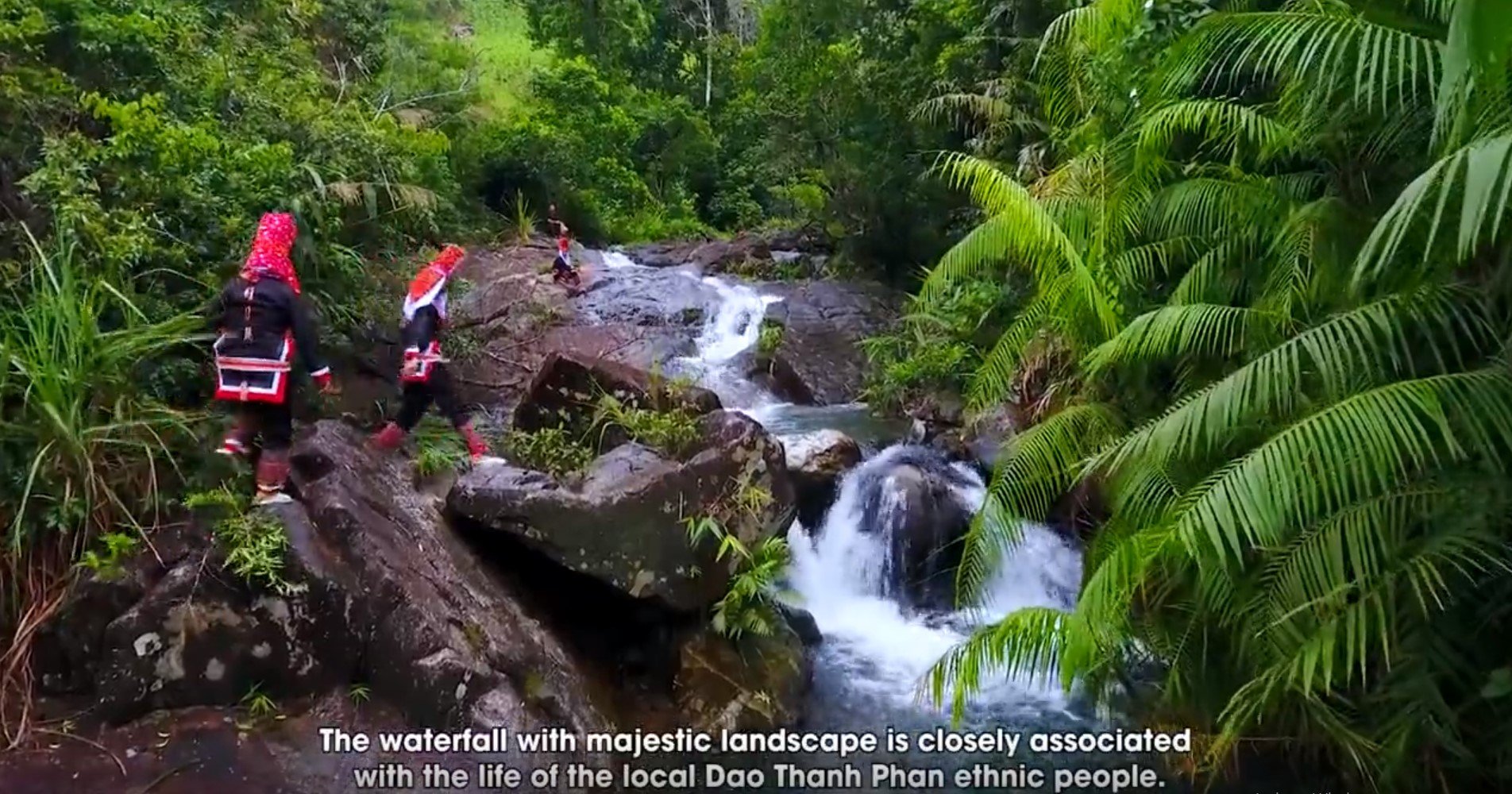

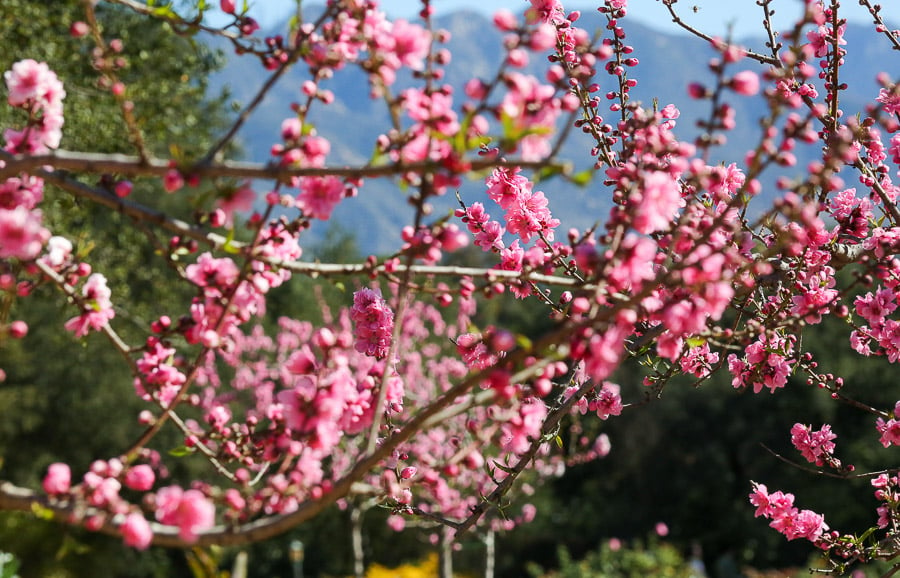








![[Photo] Prime Minister Pham Minh Chinh chairs Government Conference with localities on economic growth](https://vstatic.vietnam.vn/vietnam/resource/IMAGE/2025/2/21/f34583484f2643a2a2b72168a0d64baa)





















































Comment (0)